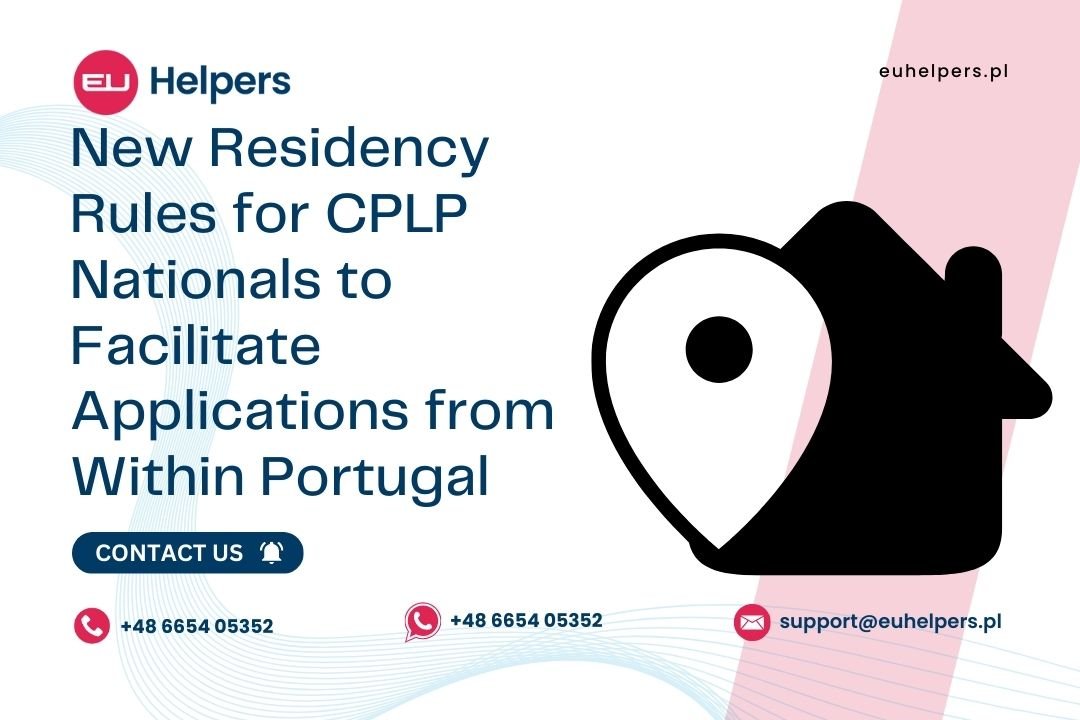
Portugal has introduced new residency rules allowing nationals from the Community of Portuguese Language Countries (CPLP) to apply for a residence permit while in Portuguese territory, even if they initially enter on a tourist visa. The updated regulations are expected to make it easier for citizens of CPLP nations, including Angola, Cape Verde, Mozambique, and others, to reside legally in Portugal. This permit will now be issued in the form of a card, replacing the previous A4 sheet format, and will be valid for two years.
The CPLP comprises nine countries that share the Portuguese language: Angola, Brazil, Cape Verde, Guinea-Bissau, Mozambique, Portugal, São Tomé and Príncipe, East Timor, and Equatorial Guinea. These new measures are seen as part of Portugal’s efforts to attract immigrants to address the country’s demographic challenges, particularly its aging population and labor shortages.
Portugal has long been a popular destination for citizens of CPLP countries, as demonstrated by high application rates for Schengen visas. According to Schengen Visa Info, Angolan nationals submitted 54,852 visa applications, while citizens from Cape Verde and Mozambique submitted 16,725 and 13,383 applications, respectively.
These new residency rules are expected to simplify the immigration process and provide CPLP nationals with a more streamlined path to legal residency in Portugal. This initiative reflects Portugal’s broader need for a younger and more dynamic workforce, despite the government’s recent focus on tightening immigration controls.
